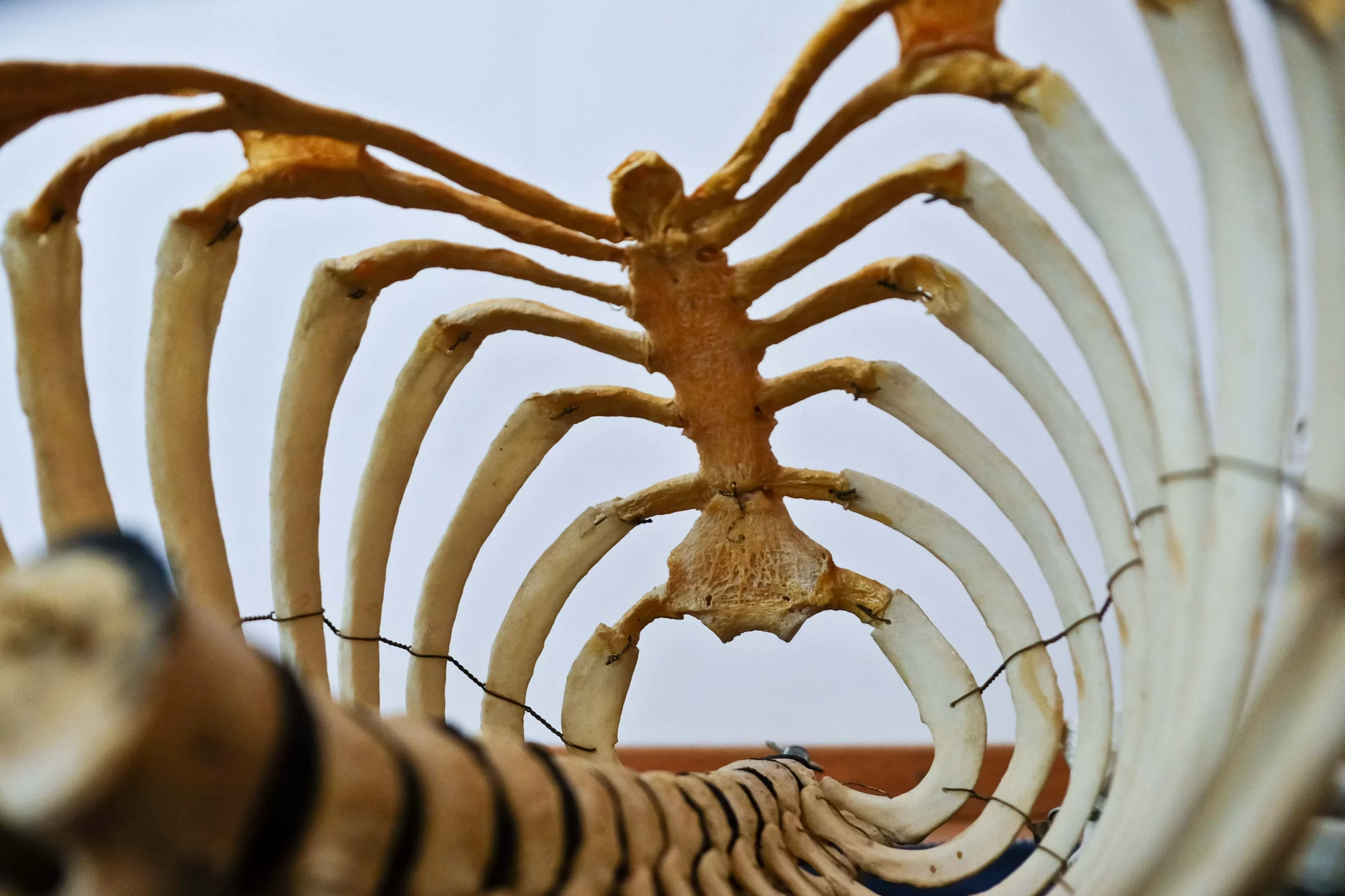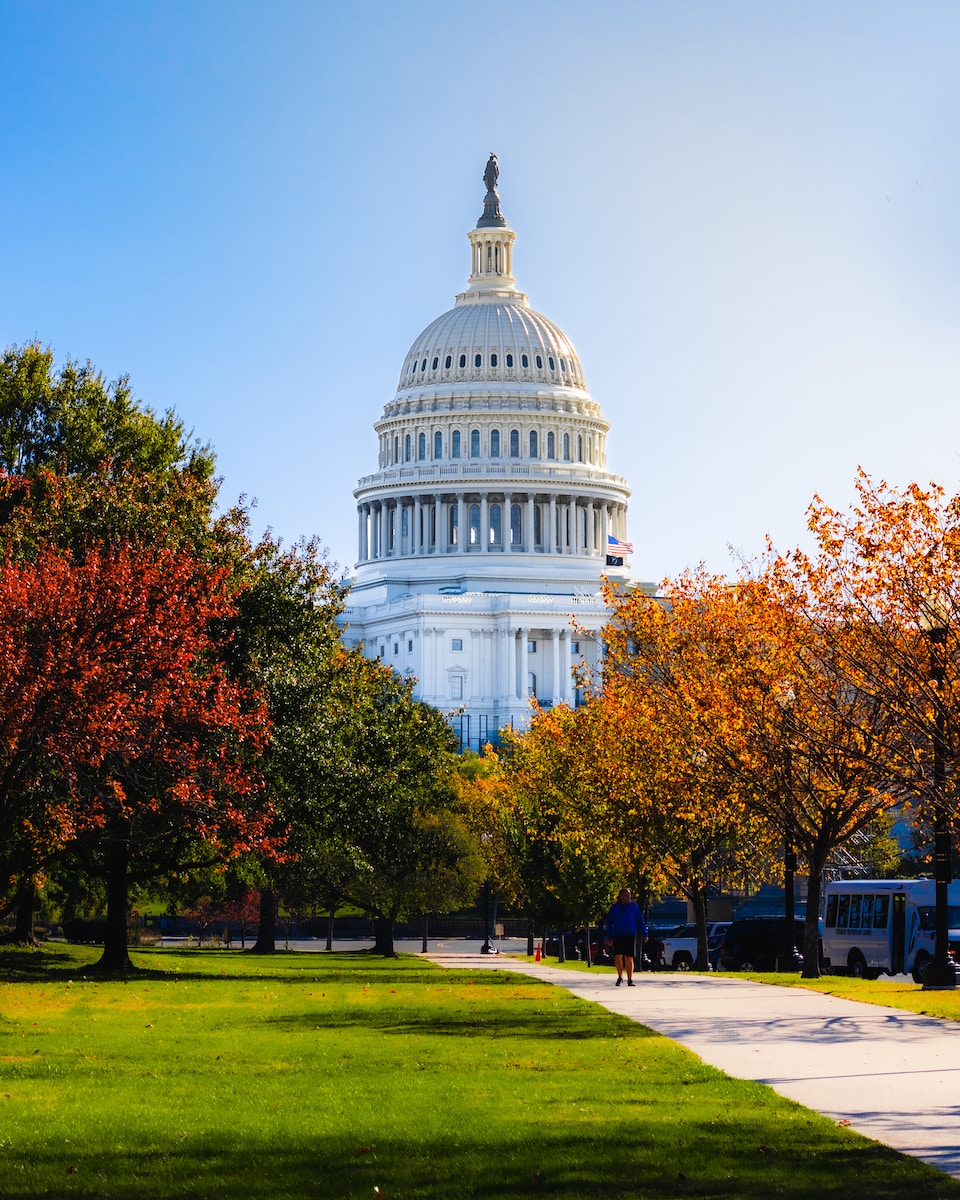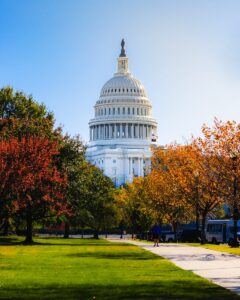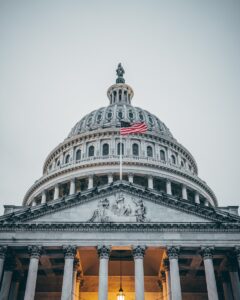100,000 USD Spent on Lobbying This Year
The Consensual Donation and Research Integrity Act (H.R. 4062) is being championed by the National Funeral Directors Association as a means to standardize and regulate the acquisition and transfer of human bodies for education and research. Bodies must now be registered with the Department of Health and Human Services (DHHS), if the bill passes. Presently, there is no registration or truck regulatory measures in place. Such regulations and standards already exist for bodies that are utilized in medical transplants, but not those meant for research and educational purposes. Entities that do register with the DHHS must comply with record keeping, labeling, packaging, and disposition requirements to ensure donated bodies are not unknowingly contributed to for-profit industries. One such industry that would hopefully be decimated by this bill is body brokerage, in which donors are taken advantage of and their bodies – either whole in piecemeal – are sold for profits on the illicit market.
The National Funeral Directors Association CEO Christine Pepper had this to say about the bill: “[we are] grateful to Sens. Murphy and Tillis for introducing this important legislation…in doing so, we can put to a stop to the anguish that far too many families have experienced at the hands of body brokers.”
The second bill being lobbied for is H.R. 1712, the Death Tax Repeal Act, which aims to repeal the estate and generation-skipping transfer taxes. Attempts to repeal the Death Tax have been unsuccessful in the past, however with the shift in socio-economic status of many Americans its repeal is looked upon more favorably than in previous years. Those most impacted by its resolution would be family-run farms, ranches, and businesses.
Leslie Witter is the primary lobbyists working with the National Funeral Directors Association. Witter is experienced in various lobbying industries including consumer product safety, disaster and emergency planning, health issues, veterans affairs, and several others. From 2021, Witter has been pushing for the two aforementioned bills as well as S. 617, which also deals with the removal of the death tax.
Repeal or Replace
Wanting to amend the federal estate tax has been on the public and law makers’ minds for over a decade now, but what is the tenant behind the debate is obscured. As it currently stands, the federal estate tax exempts those estates that are below the 3.5 million USD per individual and 7 million USD per couple. Those numbers have been on the rise and in 2018 they jumped to 11 million USD and 22.4 mill inn USD, respectfully. With the median income of American homes falling short of 70,000 USD, only a small portion of estates would qualify to pay. One group of estates that this particular impacts, though, are family and multi-generational farms and ranches. There are certain addendums in place, such as a farm inheritor may take up to 15 years to make the estate payment. Some economists argue the repeal of the death tax would have adverse effects on the nation’s economic growth, while others argue maintaining the tax would disincentivize capital generation.








